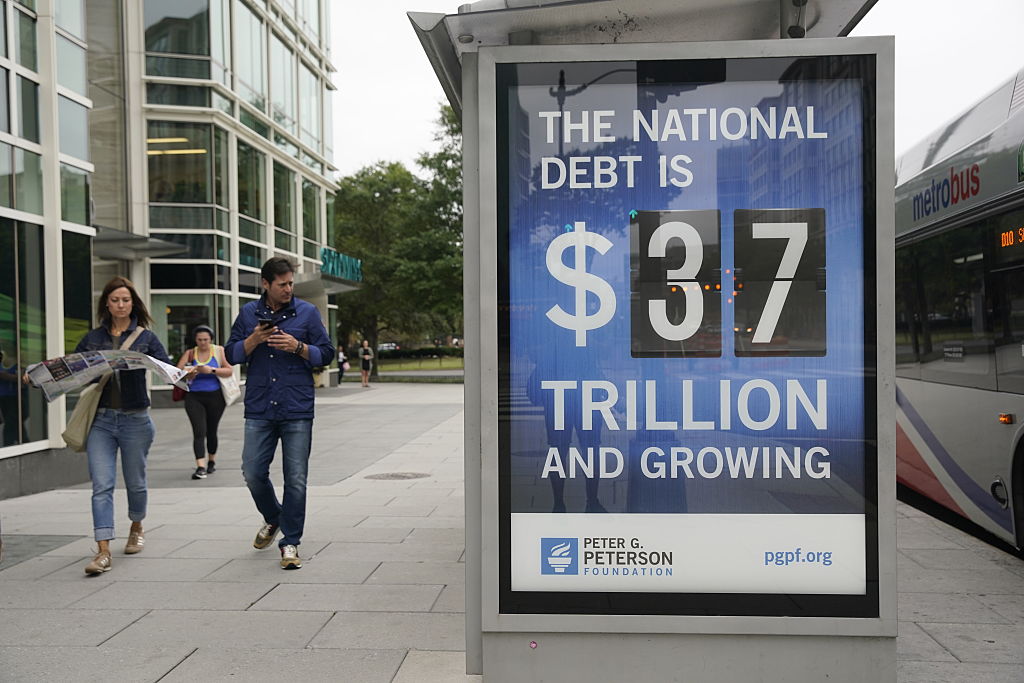Google deserves credit for trying something very difficult, and putting some big money where their mouth was.
That said Google Fiber looks like dead business model walking.
Consider what happened this past summer.
June 22, 2016, it was announced that Google acquired Webpass, a wireless ISP.
In July, per The Information reporting, “Alphabet CEO Larry Page ordered Google Fiber’s chief, Craig Barratt, to halve the size of the Google Fiber team to 500 people. …Mr. Page has also told Mr. Barratt to reduce the current cost of bringing Google Fiber to customers’ homes to one-tenth the current level.”
July 28, 2016, Alphabet-Google CFO Ruth Porat told investors that “we continue to see Fiber as a huge market opportunity… And we are continuing to work closely with cities, given their excitement.”
August 10, 2016, the Sixth Circuit Court of Appeals ruled that the FCC could not preempt State governments from limiting municipal broadband expansion; and August 29th the FCC decidednot to appeal. (Translation: cities’ “excitement” plummets for Google Fiber or muni-fiber broadband deployments.)
What all this means is that two pillar, Google Fiber foundational assumptions had to radically change this summer: technology choice from Gigabit-fiber to wireless/FI/WiGig; andregulatory strategy from fiber Title II regulated muni-broadband business model to an unregulated/unlicensed-spectrum & muni-Wifi business model.
One pillar assumption — Google’s namesake technology choice, “Fiber,” as in the fiber optic cables that must be expensively buried under the ground or strewn via telephone poles — proved prohibitively expensive to deploy despite Google’s technological and regulatory “innovations.”
The other pillar assumption — Google’s muni-broadband regulatory strategy that relied on the legal supposition that a Google-muni-broadband-friendly FCC and cities could effectively neuter States rights and laws — proved wrong this summer in the Federal appeals process.
So what did Google Fiber achieve to date?
Launched in 2010 with extraordinary hype and fanfare, Google reportedly expected to get 5 million broadband customers in five years or roughly 4% national market share. After four years, Google signed up >200,000 Internet subscribers, about .2% national market share and 95% short of their expectations; and that is with the exceptional help of the most cooperative cities in the country that bent over backwards regulatorily to facilitate Google Fiber’s most expeditious and successful market entry.
While Google Fiber did not meet the expectations, they deserve credit for spurring the broadband industry to make available gigabit broadband to ~5% of American households in that time or many more times more than Google Fiber has made available to date.
And gigabit broadband competition has also helped ensure that ~90% of Americans have access to >25Mbs broadband, per the FCC’s 2016 Broadband Progress Report.
So in a different and unintended way Google proved very successful overall, because Google Fiber lived up to its name as a powerful regulatory laxative to the constipated state of municipal regulation of communications infrastructure.
So in due time (i.e. during some dead news cycle) expect Google to flush the Google Fiber branding down the same hole Google Glass swirled into, and to refocus and dress-up the Alphabet Access brand or some Google Access or wireless/WiFi branding like “Fi.”
And don’t be surprised if Google ultimately decides to sell some of its gigabit Google fiber plant and customers to exit that high/long-term-cost segment like it sold Motorola after it badly underperformed expectations.
Conclusion
Let me be crystal clear.
While I believe Google “Fiber” is a dead business model walking, I do not believe Alphabet Access using WiFi and unlicensed spectrum is a dead business model over time, because I expect Google to try and build a new generation of Internet access service with free unlicensed spectrum at potentially every turn.
That’s because the only way that Alphabet Access’ Craig Barratt could possibly satisfy Alphabet CEO’s hyper-ambitious charge to reduce the deployment cost of Google gigabit service by 90% is to completely replace the high cost of deploying fiber optic cable with free unlicensed spectrum end-to-end connected to free internet backbone peering with no paid prioritization, and with near full software-defined network automation that requires minimal employees like its current data center cost-control model does.
Google’s open/shared spectrum vision appears to be Alphabet Access’ new internet access vision.
[Originally Published at Precusor Blog]



